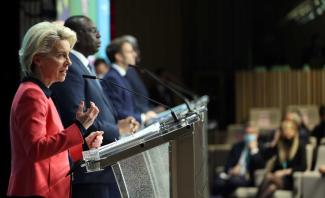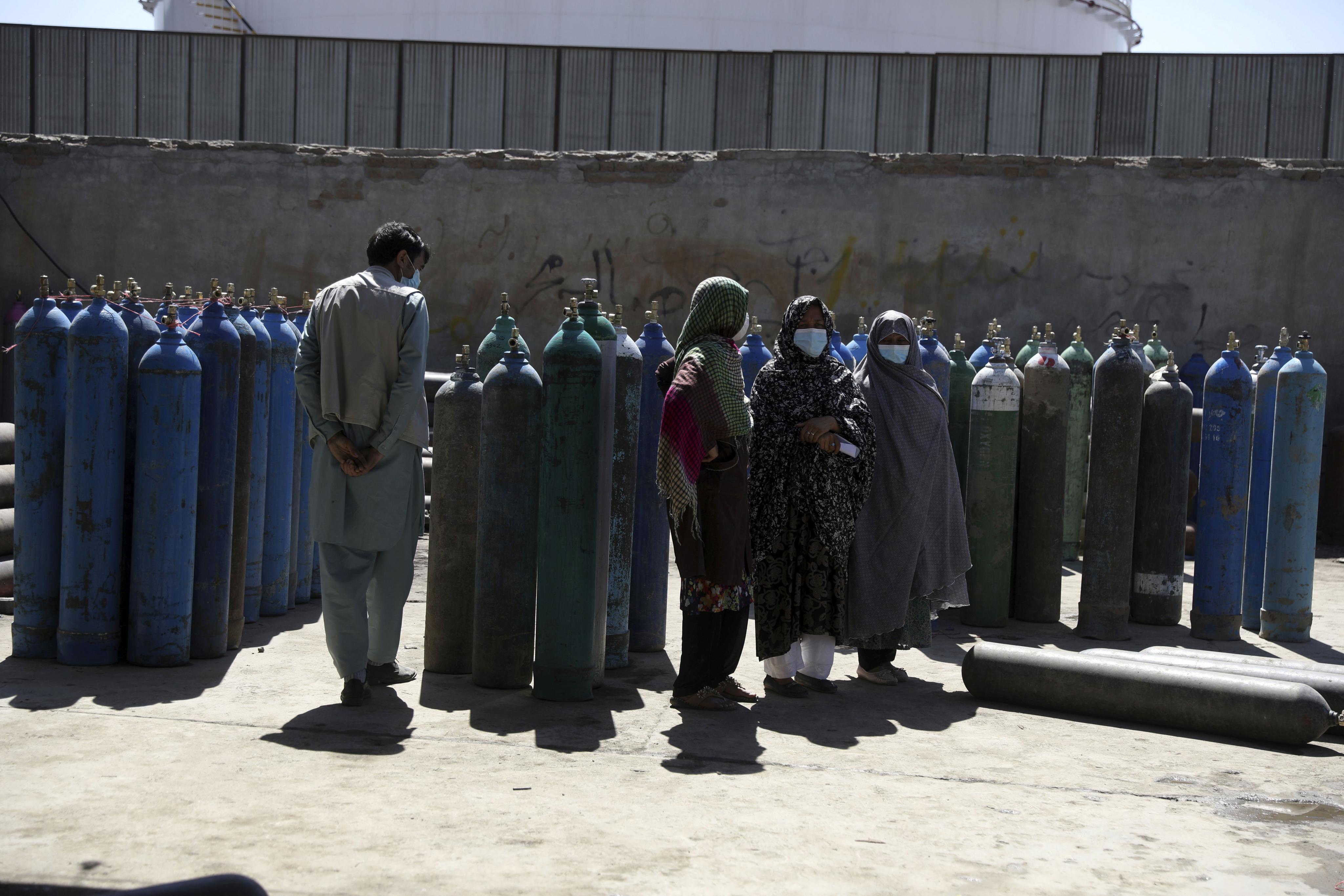Coronavirus
Unresolved vaccine issues

The most obvious reason is that more doses are now being produced in high-income countries than those countries need themselves, so hoarding is becoming less of an issue. Supply of vaccines and other medical resources is becoming more reliable and predictable, ending the era of donated doses arriving shortly before the expiration date (see Ben Ezeamalu on www.dandc.eu). In the longer run, it should also matter that Moderna and BioNTech have plans to start production in Africa. These companies have developed the two novel mRNA vaccines.
Moderna has agreed with Kenya to set up production facilities there. BioNTech has created container-based production lines which Senegal and Rwanda, for example, have expressed interest in. However, non-governmental experts reckon these plans may only make a difference in two years or so. Some observers point out that the corporations are not doing much in terms of technology transfer, apart from planning their own production lines.
Tech hub in South Africa
At the summit, EU leaders reiterated their opposition to waiving intellectual-property (IP) rights, so the World Trade Organization (WTO) cannot take such a decision. At the same time, there is European support for the mRNA vaccine technology transfer hub of the World Health Organization (WHO). Its mission is to give low-income countries access to up-to-date technology.
The hub is based in South Africa. Moderna and BioNTech rejected cooperation proposals. Nonetheless, hub scientists declared in February that they had replicated the Moderna vaccine. They hope to develop a similar one and start clinical trials this year. In the longer run, industrial-scale production could start in several African countries.
In this context, Moderna’s recent promise never to enforce relevant patents in low and low-middle income countries may prove important. In normal circumstances, such a pledge does not mean much. On top of the patent, after all, one needs application knowledge for replicating a pharmaceutical.
Since Moderna executives certainly knew about the research done in South Africa, their promise was noteworthy. However, South Africa is a higher middle-income country. South African law permits reverse-engineering for research purposes, but Moderna could still use patents to block production. According to non-governmental observers, many of the big issues concerning reliable vaccine access in Africa remain unresolved.
D+C/E+Z










